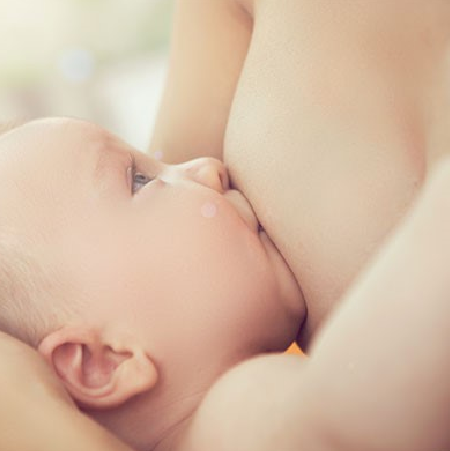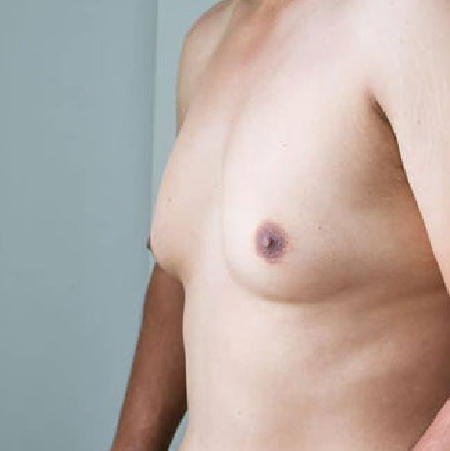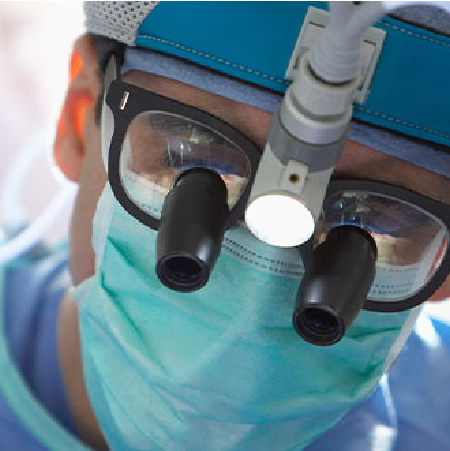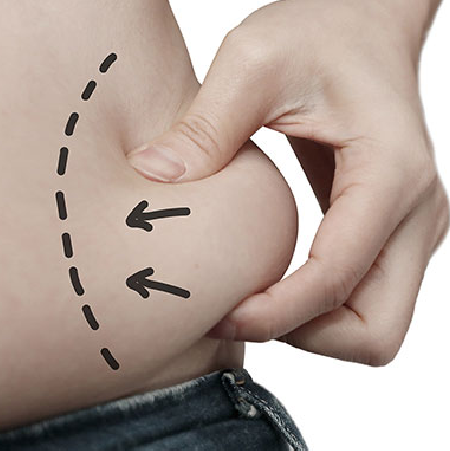Breast Surgery and Breastfeeding

The capacity of a woman to breastfeed may be affected by breast surgery. It’s critical for women considering breast surgery to be aware of any dangers or potential adverse effects that can occur. The consequences of breast surgery on nursing will be covered in this article, along with any hazards and advice on how to get ready for breastfeeding following surgery. We will also discuss what steps can be taken to ensure that you receive the best treatment possible throughout this process and what resources are available to you if you require assistance.
An essential and natural aspect of parenthood is breastfeeding. It nurtures, comforts, and strengthens the link between mother and child. It can be challenging to predict how having breast surgery before giving birth would influence your capacity to breastfeed. Thankfully, even after breast surgery, there are things you may take to increase your chances of successfully nursing. One of the most crucial stages is to give your newborn plenty of Kangaroo Care (Skin to Skin) beginning as soon as possible after birth.
Following surgery, it’s critical to understand the warning signs that supplementation could be required to ensure the baby gets the nutrition they require. Understanding these symptoms might assist women in making wise choices regarding their breastfeeding journey and in properly caring for their infants.
It’s critical to keep an eye on your baby’s weight increase after birth and nursing to make sure they are receiving the nutrition they require. Your infant may need supplementing if they have lost 10% or more of their birth weight. This might be brought on by insufficient milk production or other breastfeeding-related problems. If the baby is not gaining enough weight despite a sufficient milk supply, supplementation may also be required. It’s crucial for moms who have undergone breast surgery or any other kind of medical operation to keep an eye out for any indications that their baby could require additional feeding.
Poor stool or urine production may be a sign that the baby needs additional nutrition because breastfeeding may not be providing enough nutrients. This can indicate malnutrition, dehydration, or other health problems. If the mother underwent breast surgery and her milk production was impacted, supplementation may also be required. After breast surgery and nursing, it’s crucial to seek medical attention if you observe any indicators of decreased stool or urine production in your infant.
How does Breastfeeding work?
A healthy and essential method of nourishing infants is breastfeeding. It is crucial to their development and progress. All the nutrients and antibodies required for a baby’s healthy growth and development are present in breast milk. This article will describe the process of breastfeeding, its advantages, and the significance of developing appropriate breastfeeding habits.
Does breast surgery affect breastfeeding?
Breast surgery in Iran is done in my ways. breast surgery may significantly affect a mother’s ability to breastfeed. It may have an impact on a woman’s capacity to produce milk, the flow of milk, and a baby’s capacity to latch onto the breast. When assessing how breast surgery may affect breastfeeding, some variables need to be taken into account, including the type of surgery, the time of the procedure during pregnancy, and each person’s physiology. For women who are considering having any type of breast treatment done, understanding how breast surgery can impact breastfeeding is crucial to make an informed decision regarding their health.
The placement of the incision
Depending on the procedure and the location of the incision, breast surgery may affect nursing. For instance, a woman who has undergone breast augmentation or reduction surgery may experience problems with milk flow or production due to the incision. A lady who underwent a mastectomy might not be able to make any milk at all. Before having any type of breast surgery, including reduction, reconstruction, or augmentation, women must discuss their options with their doctor. There are numerous different breast surgery procedures for augmentation and reduction, and the risks might change based on the technique. To determine what is best for you, discuss all your alternatives with your doctor.
The placement of breast implants
The positioning of breast implants during breast surgery might affect nursing, and this is a key consideration. The manner milk is generated and released during lactation can be impacted by breast augmentation surgery, such as implant placement over or beneath the muscle. Even though breastfeeding is viable following breast surgery, there are a few hazards to be aware of before having any kind of breast surgery.
The placement of breast implants
The positioning of breast implants affects breastfeeding in a significant way. Breast surgery may affect a mother’s capacity to breastfeed and the volume of milk she can produce. The capacity of a woman to breastfeed may be impacted by a variety of breast surgery procedures, including mastopexy, augmentation, and reduction. Every surgical procedure has its advantages and disadvantages in terms of nursing. It’s crucial for women thinking about having these treatments to be aware of how they can impact their capacity to properly breastfeed their child.
The type of implants
The impact of breast surgery on nursing will vary depending on the type of implants utilized. Although both silicone and saline implants can be used to enlarge the breasts, they have different impacts on breastfeeding. While silicone implants may cause issues, saline implants are typically thought to be safe for nursing mothers. When determining which type of implant is best for you, it’s crucial to review the advantages and disadvantages of each with your doctor.
The level of tissue removal
The capacity of a woman to breastfeed may be impacted by breast surgery. The type of surgery performed and the extent of tissue removed might alter a woman’s breasts and make breastfeeding more challenging or even impossible. Women thinking about having breast surgery should be aware of how the procedure can impact their future ability to breastfeed.
The scar formation
Breast surgery may affect a woman’s capacity to nurse, particularly if there is a large scar formation. Scar tissue can interfere with the milk ducts and nerves, causing a reduction or even complete cessation of milk production. It’s crucial for women thinking about breast surgery to be aware of how it can influence their capacity to breastfeed.
The time of breast surgery
A woman’s ability to breastfeed may be impacted by her decision to have breast surgery. Understanding the advantages and disadvantages of breast surgery is crucial, particularly when it comes to breastfeeding. The implications of breast surgery on nursing will be discussed in this article, along with how the timing of the procedure may impact milk production. We’ll also discuss some potential side effects of breast surgery and how they can influence breastfeeding. The purpose of this article is to inform readers about how breast surgery may impact nursing and what precautions they should take to guarantee effective lactation.
FAQ about Breast Surgery and Breastfeeding
Can you breastfeed with breast surgery?
Breast augmentation surgery is a typical operation for women who wish to make their breasts seem better. Many women do not realize that it can also impact their capacity to breastfeed, though. While some surgical procedures might not affect nursing a newborn, others may produce issues that make nursing a baby challenging or impossible. This article will cover the topic of breastfeeding after breast surgery as well as factors to take into account.
Does breastfeeding hurt more with implants?
Although breastfeeding is an essential aspect of parenting, moms with implants may find it unpleasant and difficult to do so. Many women worry that having implants makes breastfeeding more painful. This article will discuss the advantages and disadvantages of breastfeeding while receiving implants, as well as offer advice on how to make the procedure less difficult and uncomfortable.
Do nipples work after breast surgery?
For many women, having breast surgery can completely transform their lives. In addition to assisting them in achieving their ideal aesthetic appearance, it boosts their self-confidence. But one of the frequent queries women have is whether or not their nipples will function following surgery. In this post, we’ll talk about the function of the nipples during breast surgery and what to expect afterward. We’ll also examine a few scenarios in which nipples could stop functioning following surgery and discuss the solutions in these situations.
How many hours after surgery Can I breastfeed?
For many women, nursing is a crucial component of their post-surgery recovery. It offers the baby vital nutrients and aids in the healing process. Even if nursing has numerous advantages, it’s crucial to know how long after surgery you can breastfeed without risk. This article will explain the value of delaying breastfeeding for a predetermined period and offer advice on how to make nursing safe. We’ll also go over the situations in which waiting after surgery to breastfeed longer than normal may be required. With this knowledge, mothers can make wise choices regarding their post-surgery recuperation and make sure they are giving their children the best care possible.













